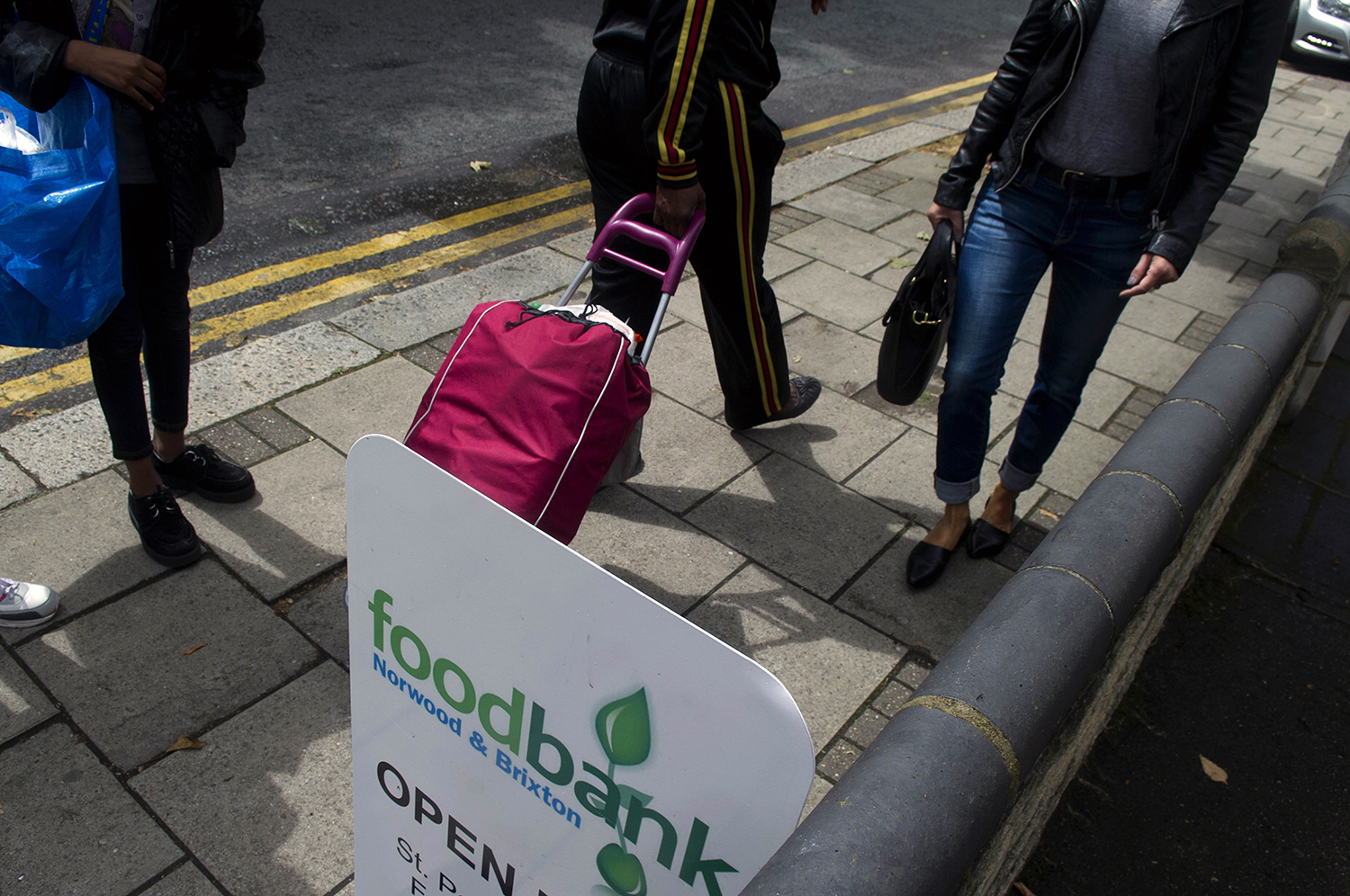Hungry Britain - The Foodbank.
In the 2024/25 financial year, food banks in the Trussell Trust network distributed 2.9 million emergency food parcels across the UK. This figure represents a slight decrease from the 3.1 million parcels distributed in the previous year, 2023/24. However, it is important to note that these numbers reflect the volume of parcels distributed, not the number of unique individuals served. The actual number of people relying on food banks is likely higher, as some individuals and families may receive multiple parcels throughout the year.
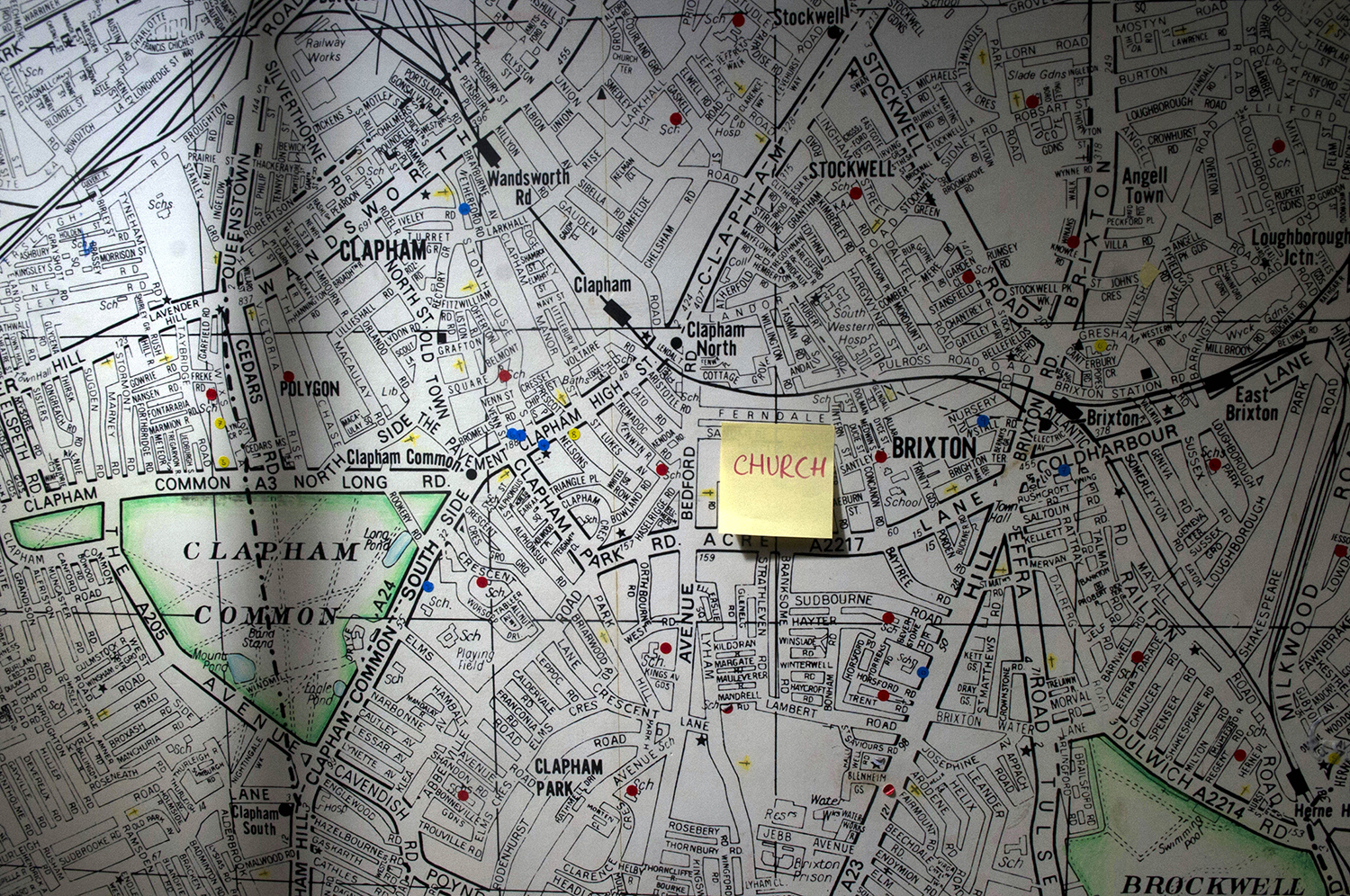

The distribution of these parcels occurred across 1,699 food bank centres, spanning 292 local authorities. Despite the decrease in the total number of parcels distributed, the need for emergency food support remains significant, with many individuals and families continuing to experience financial hardship. The Trussell Trust's data indicates that the demand for food bank services has remained relatively stable, with fluctuations influenced by various factors, including economic conditions and changes in the social safety net.

The Trussell Trust's methodology involves collecting data through vouchers issued by referral agencies such as health visitors, schools, social workers, and organisations like Citizens Advice. These agencies assess individuals for financial hardship before referring them to a food bank, ensuring that the support reaches those in genuine need. The data collected includes information such as the age of the person referred and the number of adults and children in their household, providing valuable insights into the demographics of those accessing food bank services.
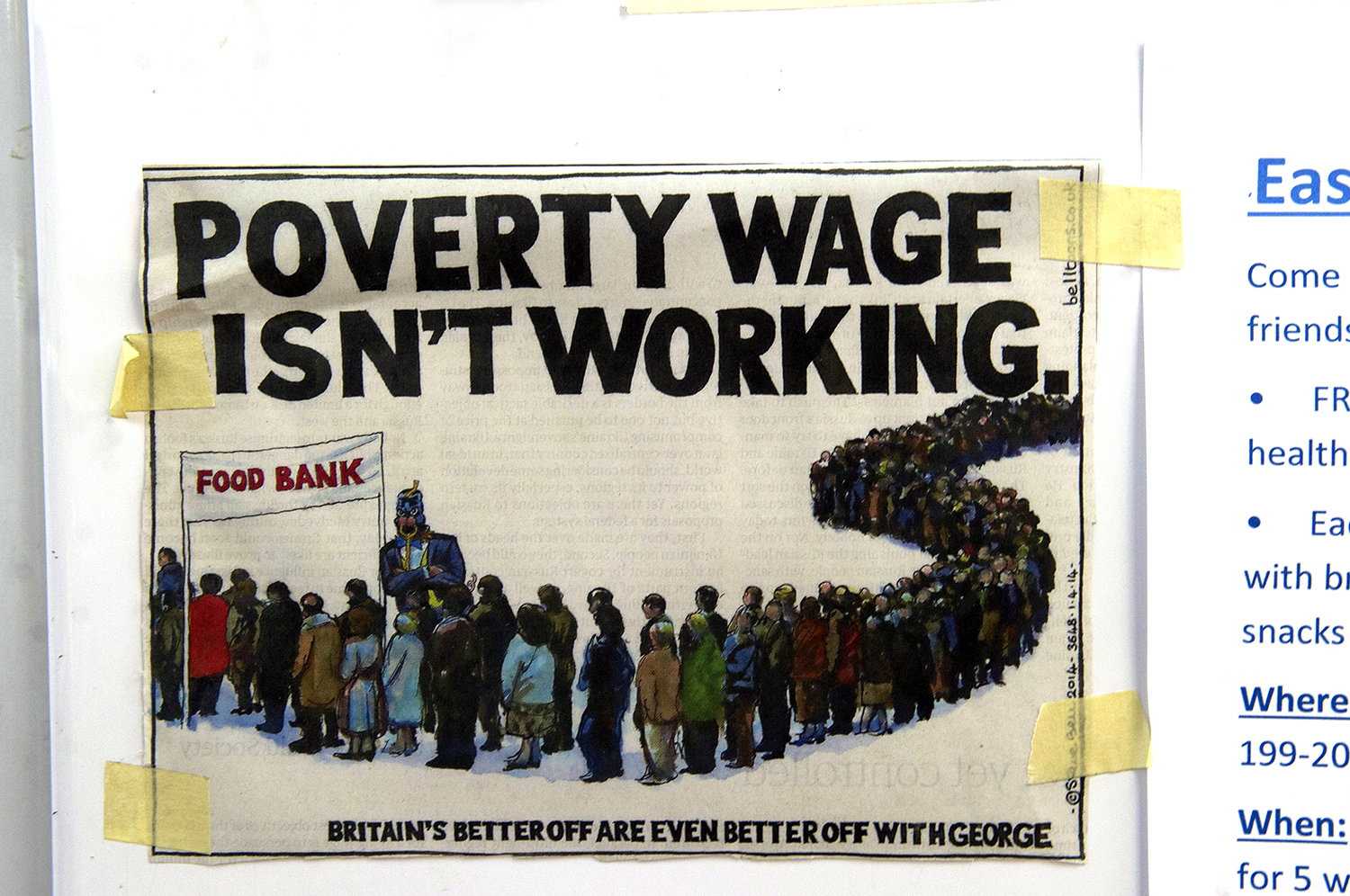 Nationwide there are more food banks than there are branches of McDonalds with London having the highest level of food poverty in the country.
Nationwide there are more food banks than there are branches of McDonalds with London having the highest level of food poverty in the country.
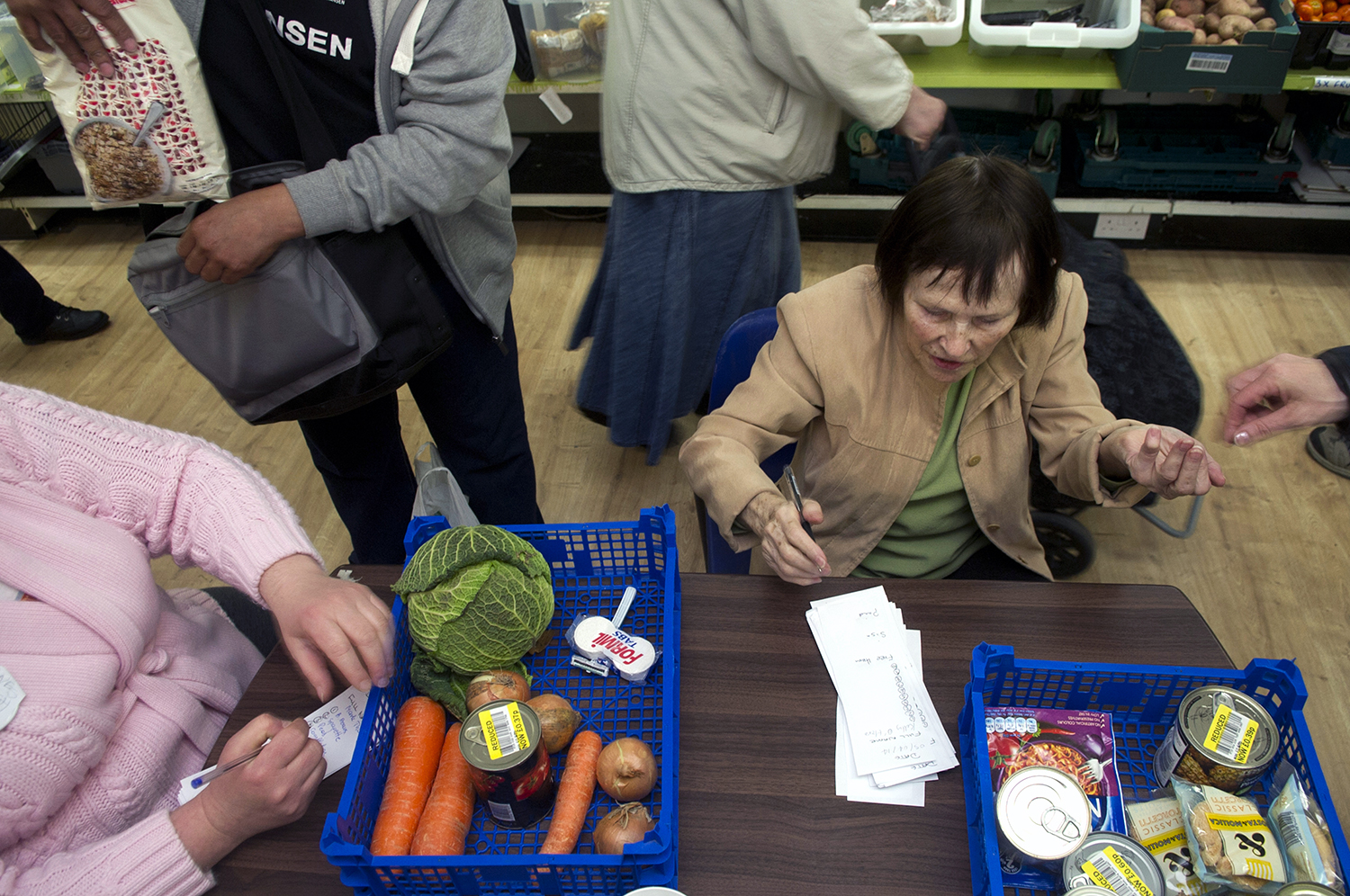


A fifth of UK households are struggling to get access to good quality food at reasonable prices, a report by MPs says, causing them to turn to unhealthy, high-calorie alternatives. This, the report added, is likely to contribute to making 40% of the population obese by 2025.
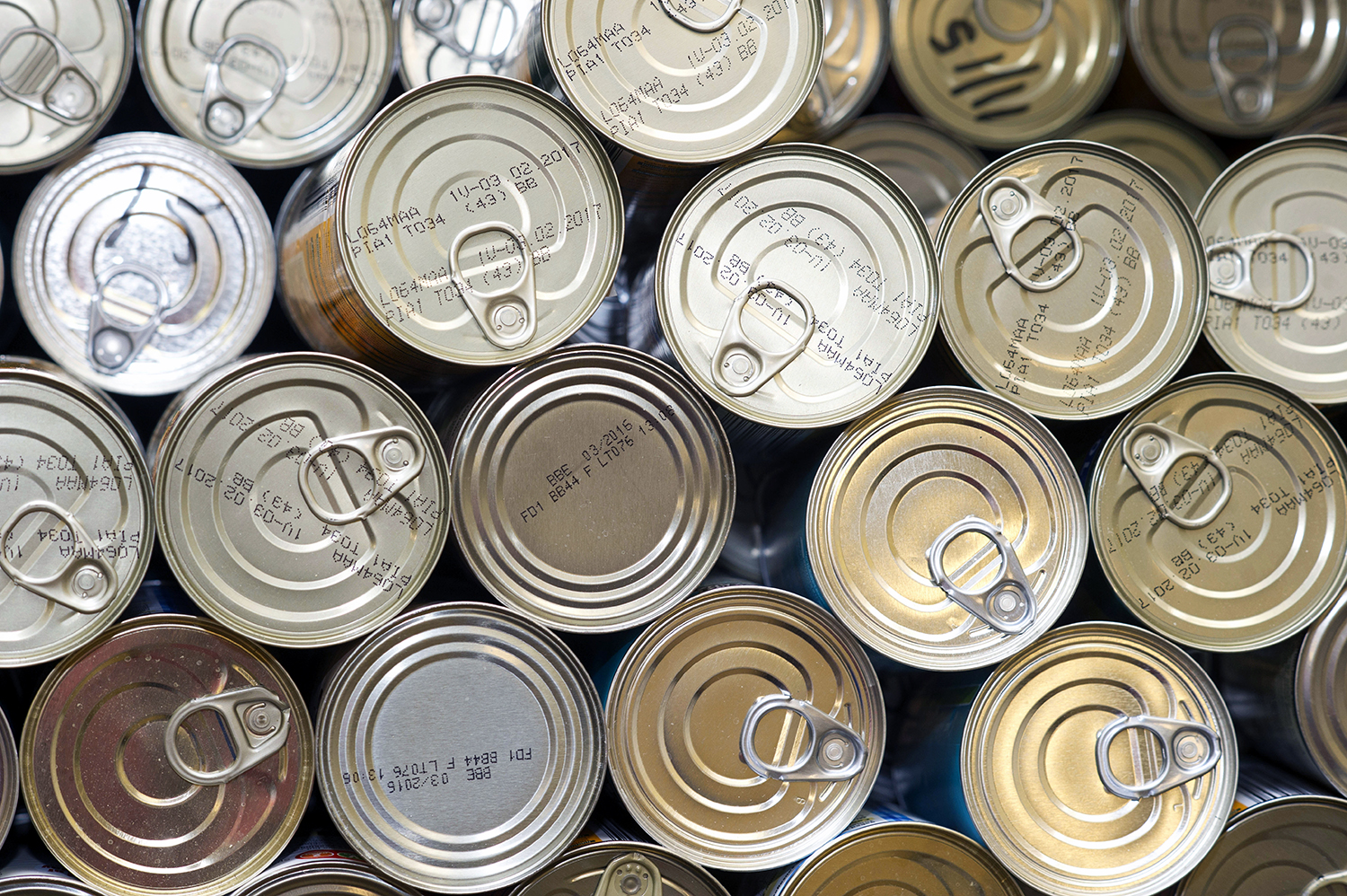





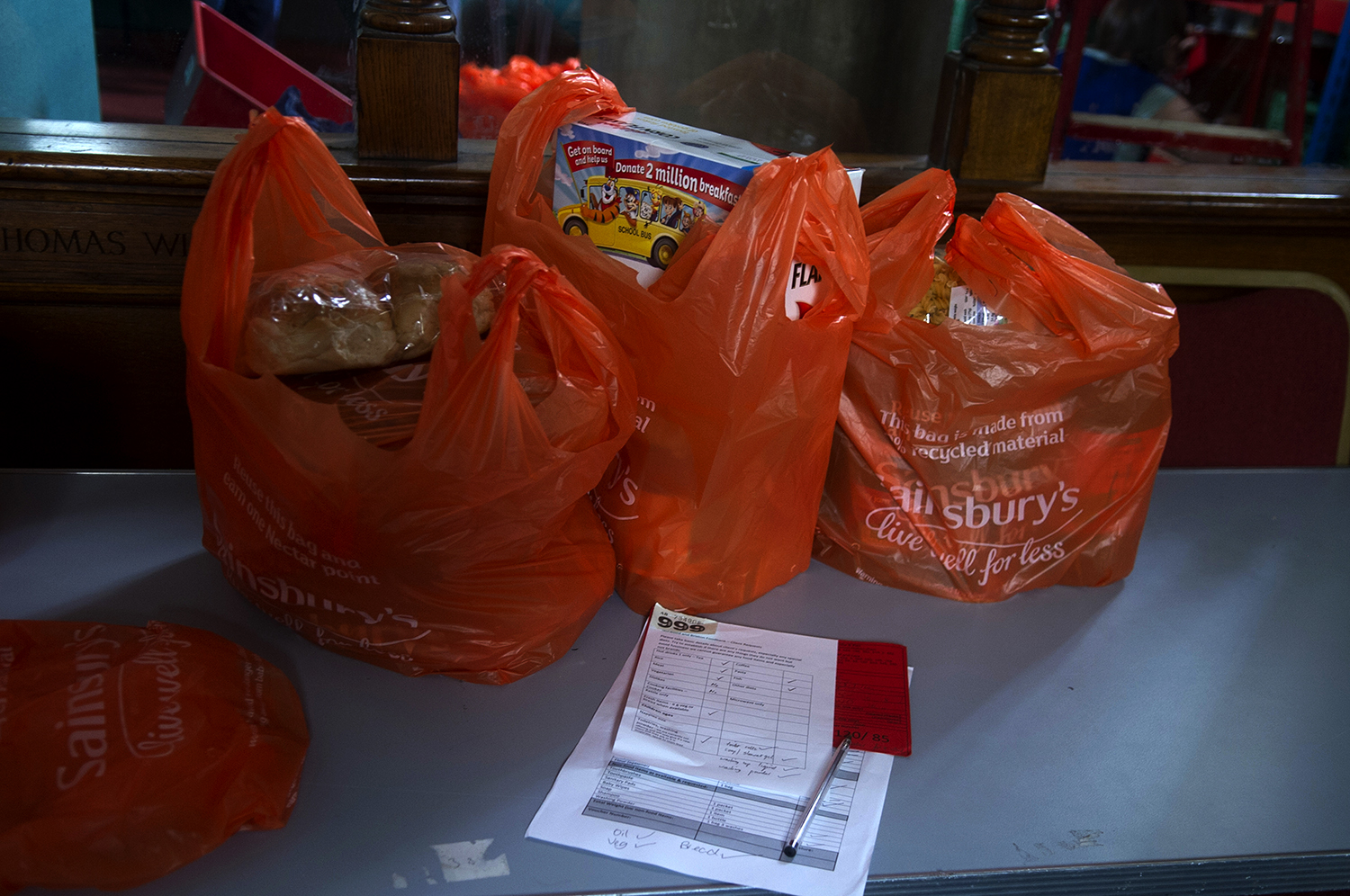

The UK's food poverty rate is among the highest in Europe. Despite being the sixth richest country in the world, millions are struggling to access the food they need. According to the latest government statistics, 4.2 million people (6 per cent) were living in food poverty in 2020 to 2021.

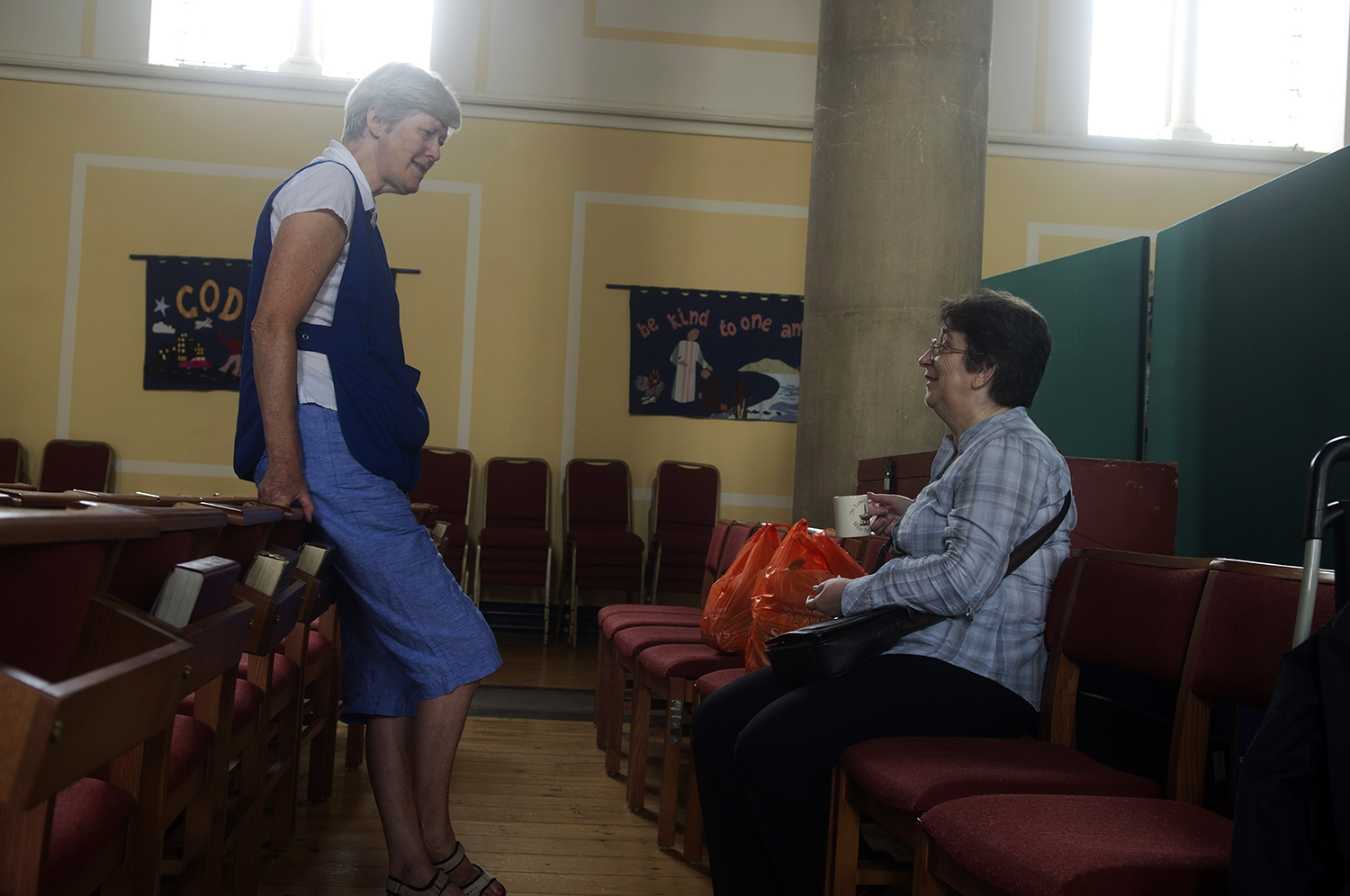

While the slight decrease in the number of food parcels distributed in 2024/25 may suggest a reduction in demand, it is crucial to consider the broader context. The underlying issues contributing to food insecurity, such as low income, unemployment, and delays in the welfare system, continue to affect many individuals and families across the UK. Therefore, ongoing efforts to address these root causes remain essential in reducing the need for emergency food support.
